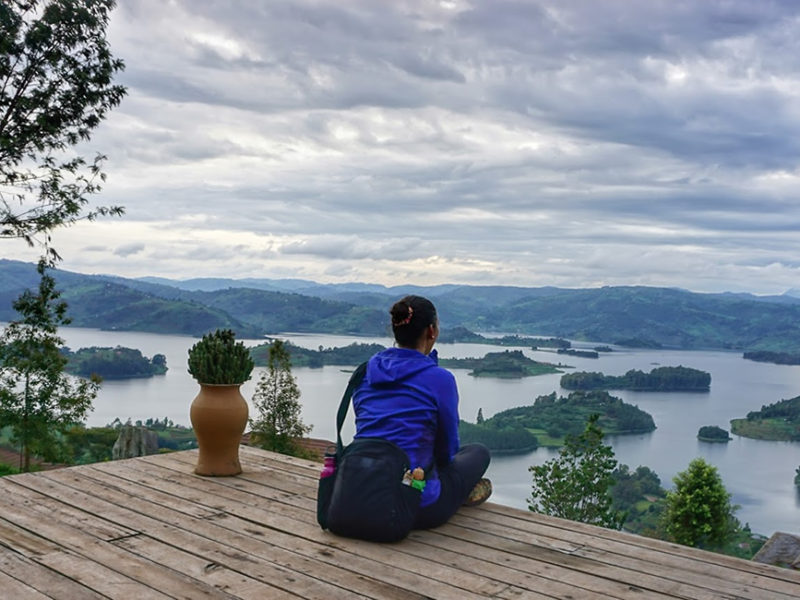On a tiny, remote island floating in Uganda’s Lake Victoria, a rare harmony exists a delicate balance between man, nature, and spirit. Musambwa Island, a 5-acre speck of land known to locals as “Ghost Island,” is home to just 125 people, a dense population of snakes, thousands of nesting birds, and a unique cultural system that has preserved its ecosystem for generations.
But with growing tourist interest, environmentalists and island elders fear that this spiritual and ecological sanctuary may soon face irreversible disruption.
Spirits, Snakes, and Sacred Traditions
Located a bumpy 45-minute boat ride from mainland Uganda, Musambwa Island has long been shrouded in spiritual legend. Its name, “Musambwa,” translates to “ghost” or “spirit” in Luganda, referencing the supernatural presence locals believe inhabits the island often manifested through snakes.
Among the roughly 2,000 serpents thought to reside on the island are venomous species like the Gaboon viper and Egyptian cobra. But here, snakes aren’t feared they are revered. Local fishermen believe they are sacred guardians, imbued with protective powers.
Strict traditions govern life on the island. Women are not permitted to sleep overnight, a rule tied to deep-seated beliefs that the spirit of Musambwa reacts violently to female presence. “This ghost doesn’t like women on the island,” explains cultural researcher Fredrick Nsibambi. “If a woman spends the night, the Musambwa gets angry and causes havoc.”
A Cultural Covenant of Conservation
Musambwa’s peaceful coexistence between humans and wildlife is no accident. It is the result of centuries-old oral traditions, spiritual practices, and unwritten laws that forbid the harming of birds, their eggs, or snakes.
“Humans don’t harm wildlife, and wildlife doesn’t harm humans,” says Nsibambi. “This is because of rituals, values, and cultural discipline that support the ecosystem.”
The once-endangered grey-headed gull and long-tailed cormorants have now multiplied on the island, thanks to a community-wide commitment to conservation. Consumption of bird eggs and hunting has been outlawed, and violators face traditional sanctions.
Fisherman Enock Ntale, a resident since 2001, credits wildlife advocacy groups like Nature Uganda for raising awareness and reinforcing these protections. “They sensitized us about the importance of preserving the wildlife,” he says. “We accepted. We stopped picking eggs and hunting birds because of the benefits they bring to the island.”
A Way of Life Under Pressure
But tranquility is fragile.
Musambwa has begun drawing the attention of curious tourists, researchers, and eco-travelers — all enchanted by tales of spiritual guardians and untamed beauty. Some, however, arrive without respecting the island’s codes, and that has elders like Nsibambi sounding the alarm.
“We are getting a lot of international tourists,” he says. “The moment people start disrespecting the cultural practices that have protected this island for so long, its future is in danger.”
Still, for now, Musambwa remains intact its spirit honored, its creatures protected, its human population living humbly and respectfully.
104-year-old Emmanuel Katongole, one of the island’s original settlers, has no plans to leave. “I came here to fish in the 1960s and never left,” he says quietly. “This island has kept me, and I will stay here until the end.”
A Lesson in Coexistence
As climate change and overdevelopment threaten ecosystems worldwide, Musambwa Island offers a rare and living example of how traditional knowledge, spiritual reverence, and conservation can work hand in hand.
Whether this balance survives the pressures of modern tourism remains to be seen.


